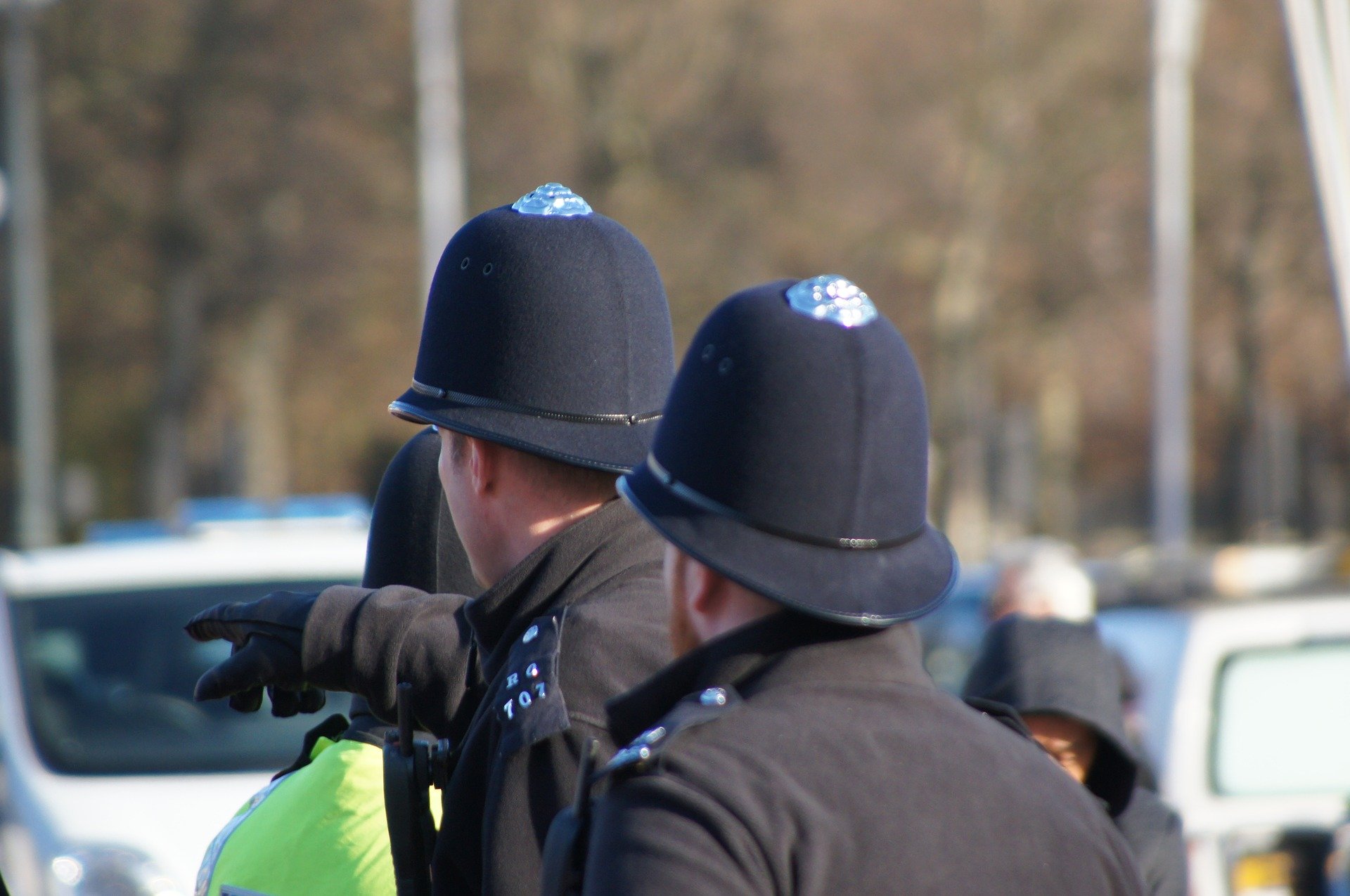Forces given powers to target pubs and restaurants if tables too close or larger groups mingling
New regulations issued by the government say fines of £1000 can be issued if tables are not 2 metres apart, or 1 metre if other measures such as protective screens are in place.

Police in England have been given powers to issue fines and make arrests to enforce social distancing in pubs and restaurants.
New regulations issued by the government say fines of £1,000 can be issued if tables are not 2 metres apart, or 1 metre if other measures such as protective screens are in place.
Official data found a trebling of outbreaks linked to food outlets and restaurant settings, and there is huge concern in government at rising coronavirus infection rates.
The new regulations involve transferring more of the burden on to those running pubs and restaurants, rather than just customers, to obey the rules.
They also allow fines to be issued and enforcement action to be taken by police if necessary to limit groups in hospitality venues to six people, to stop different groups mingling and ensure the data of people enjoying an evening out is recorded.
Police are expected to still try to gain voluntary compliance and avoid enforcement action if possible. Local authorities are expected in the first instance to try to get venues suspected of breaking the regulations to comply.
Government health experts say leisure or community settings are the category responsible for the second highest level of infections, behind contact with other household members or visits to homes.
The new regulations were issued by the Department for Business, Energy and Industrial Strategy. They are being briefed out to frontline police officers imminently to tell them what they can and cannot enforce.
A memo explaining the new regulations issued by the government says: “Under the regulations, enforcement may be undertaken by designated local authority officers, police officers or persons designated by the secretary of state.”
It continues: “Fixed-penalty notices may be issued by the authorised officer, in the sum of £1,000 on the first occasion (a reduced penalty of £500 being due if paid within 14 days of the notice date), £2,000 on a second occasion, rising to £4,000 for a third and any subsequent occasion.
“Section 24 of the Police and Criminal Evidence Act 1984 is expressly applied so that arrest by a police officer may be made without warrant on grounds of maintenance of public health and public order.”
The reason for the new regulations is to stop the resurgence of coronavirus infections. “It does so by requiring pubs, restaurants, cafes and other businesses involved in providing food for consumption on the premises to take reasonable steps or measures to limit customers to parties of six, and to keep tables an appropriate distance apart,” the government says.
People must be kept at a 2 metres apart, which can be reduced to 1 metre if screens or barriers are used or “the tables are arranged with back-to-back seating, or otherwise arranged to ensure that persons sitting at one table do not face any person sitting at another table at a distance of less than 2 metres”.
The regulations, issued on Friday, say those running the hospitality business have “to take all reasonable measures to ensure that parties of more than six may not book or gain entry to the business, that different parties … at the venue do not mingle”.
The regulations say they are justified because compliance with social distancing has fallen.
It cites evidence of increased transmission in hospitality venues and says: “Public Health England publish weekly data on acute respiratory incidents reported to health protection teams.
“In the report for the week ending 6 September 2020, of the 246 incidents reported, 38 incidents were from food outlet/restaurant settings (compared to 21 the previous week and 11 the week before that), of which 34 had at least one linked case that tested positive for Covid-19.
“Weekly data also provides a breakdown of contacts for people who have tested positive for Covid-19: the majority of contacts are other household members and household visitors, but the next biggest known category is ‘leisure/community’ which includes eating out, attending events and celebrations, exercising, worship, arts, entertainment, recreation and community activities.”
It continues: “Media reports have covered multiple high-profile cases of establishments not adhering to Covid-19 secure guidelines that have subsequently been linked to outbreaks (eg in Manchester and Preston).”
guardian.co.uk © Guardian News & Media Limited 2010
Published via the Guardian News Feed plugin for WordPress.



